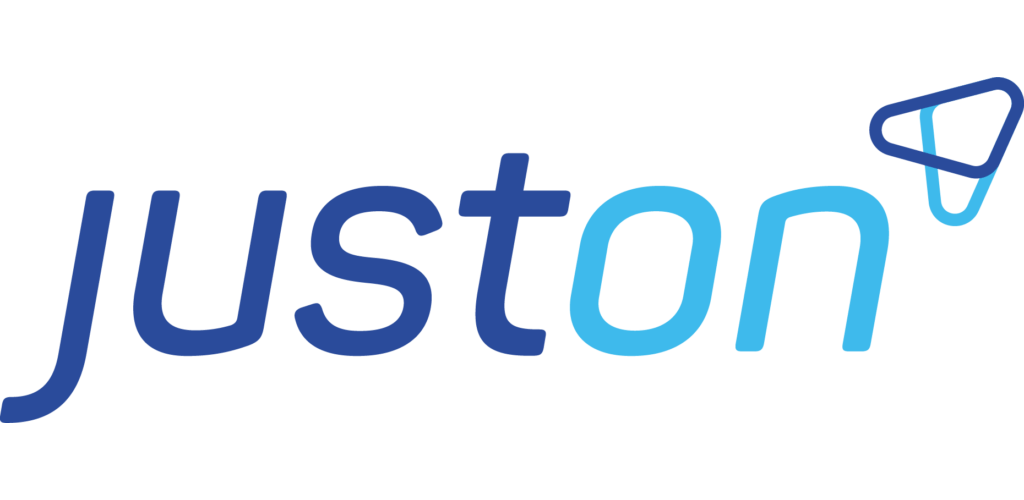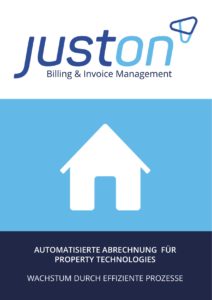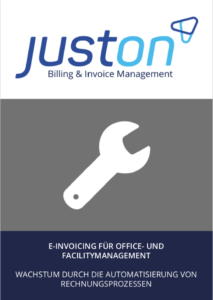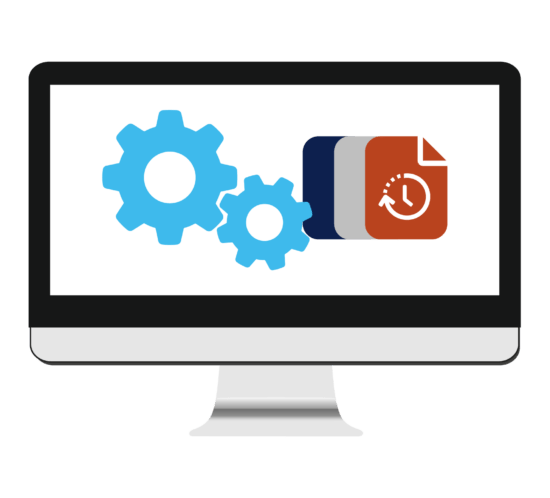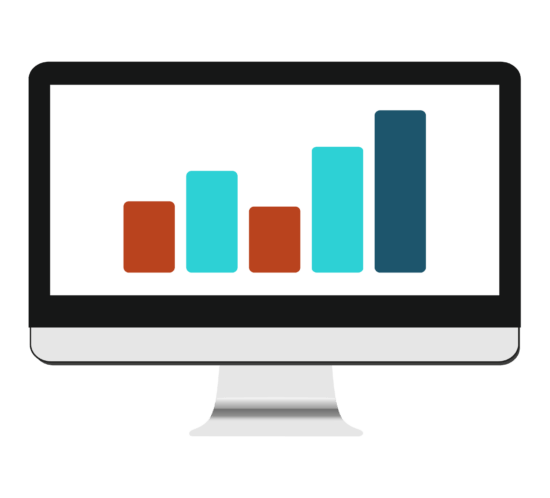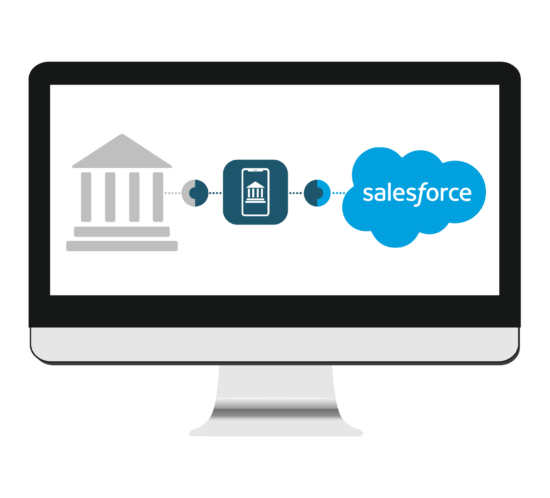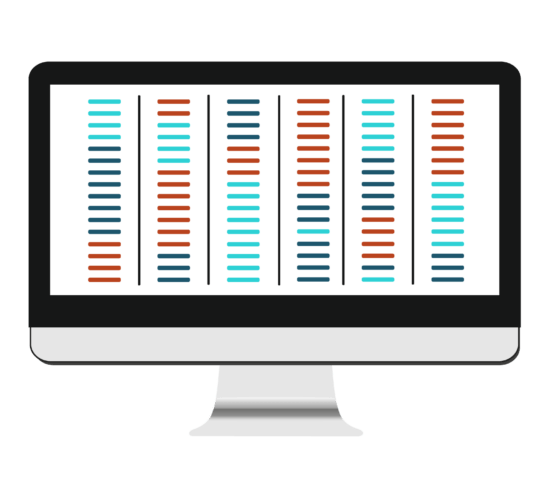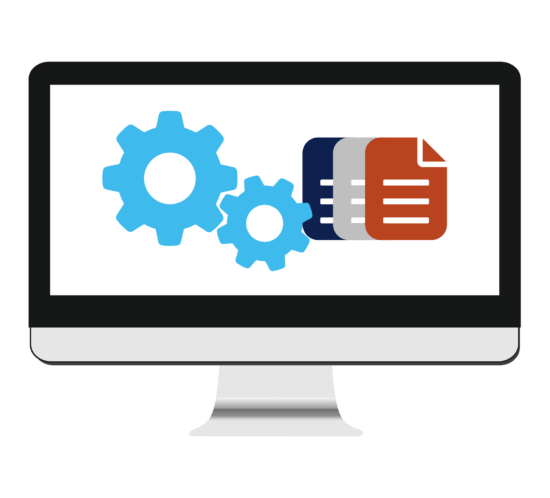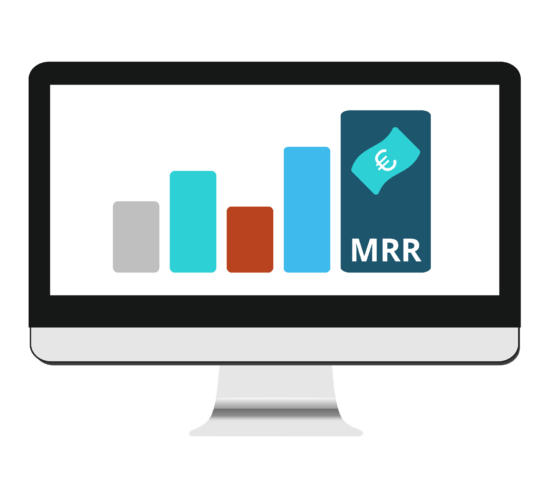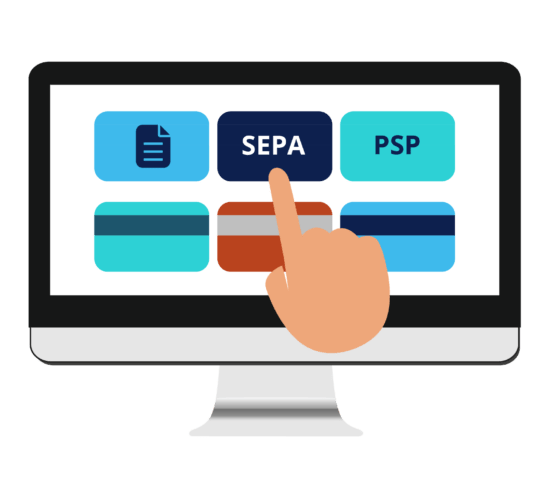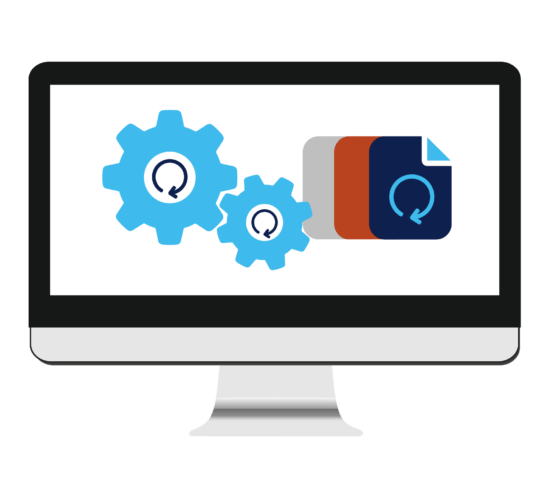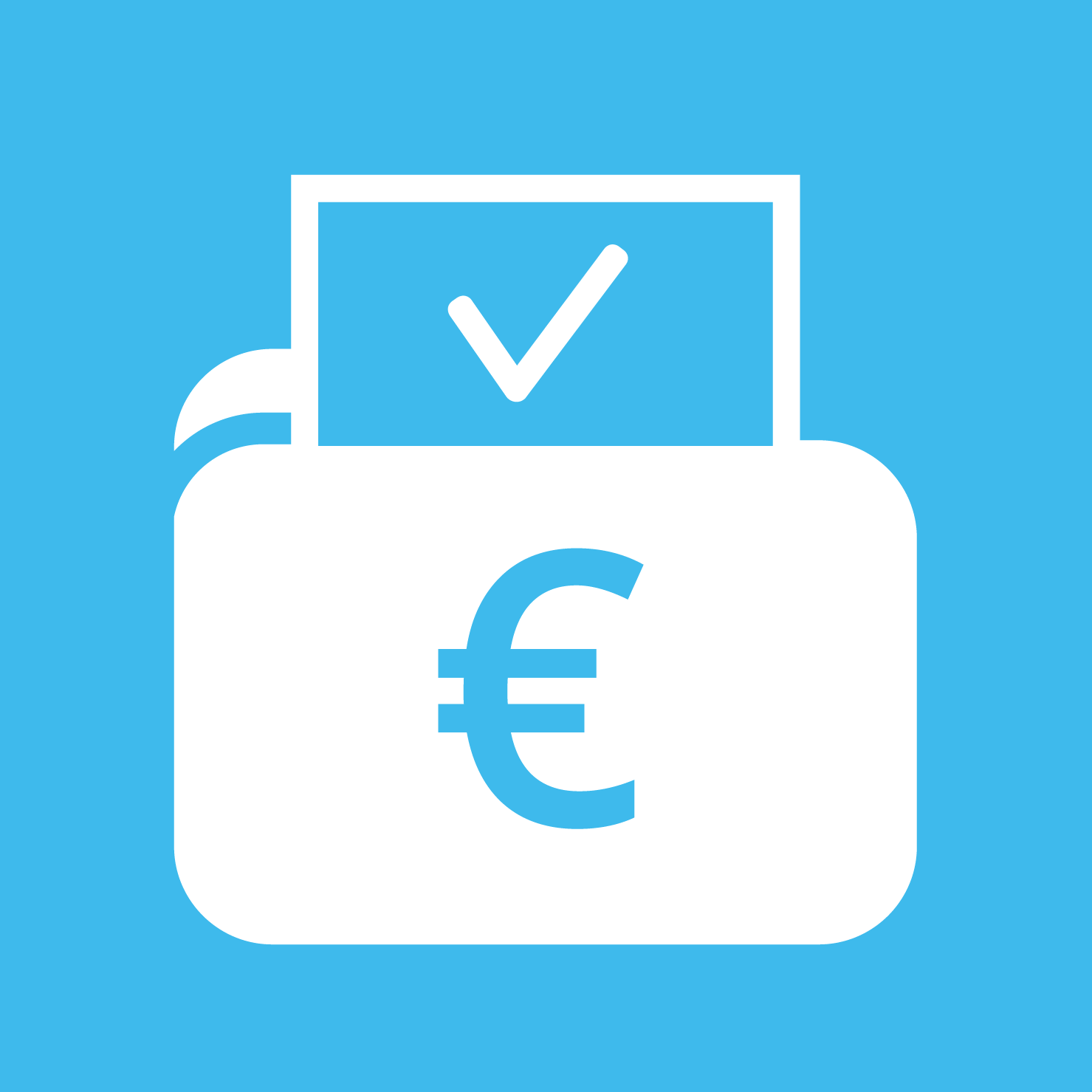Automated financials as base for stable business success
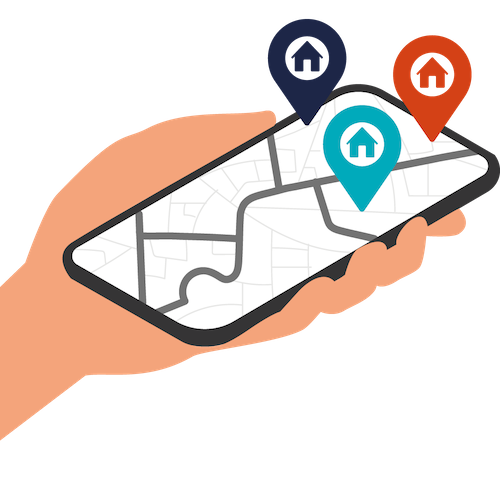
Technologization of the real estate sector
In the real estate industry – real estate services – areas of work are becoming increasingly digitalized.
The use of new technologies (property technologies) is automating traditional areas of the industry or offering the opportunity to offer new products and services.
The digital transformation is seen as a guarantee for the future of traditional real estate services, as the automation of key processes minimizes administrative costs and the core business can be expanded and optimized with the resources gained.
Property Technologies
Property technologies – or PropTechs for short – have become the digital future of the real estate industry. They bring innovative products and services to the market.
Using the latest information and communication technologies, they optimize traditional areas of the real estate industry or develop innovative business models in new areas.
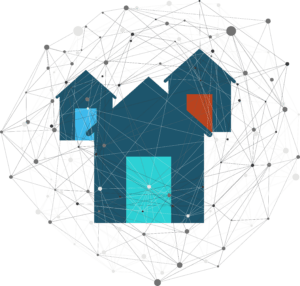

Office & Facility Management
Office and facility management is a specialized market within the area of property technologies, which has developed into a strong, independent industry over the past decades.
The industry’s portfolio now includes not only facility maintenance, property cleaning and asset management, but also a wide range of other services around buildings, homes and offices. They include, for example, security services, coffee deliveries or indoor plant rentals.
Managing intelligent facility technologies will soon become a key area of this industry.
Areas of application
- Real estate brokerage and marketing
- Financing and investments
- Property management, cleaning and administration
- Supply of office materials
- Offering innovative building technologies
- Developing construction projects
- Smart building and smart home
- Mobility in the real estate industry
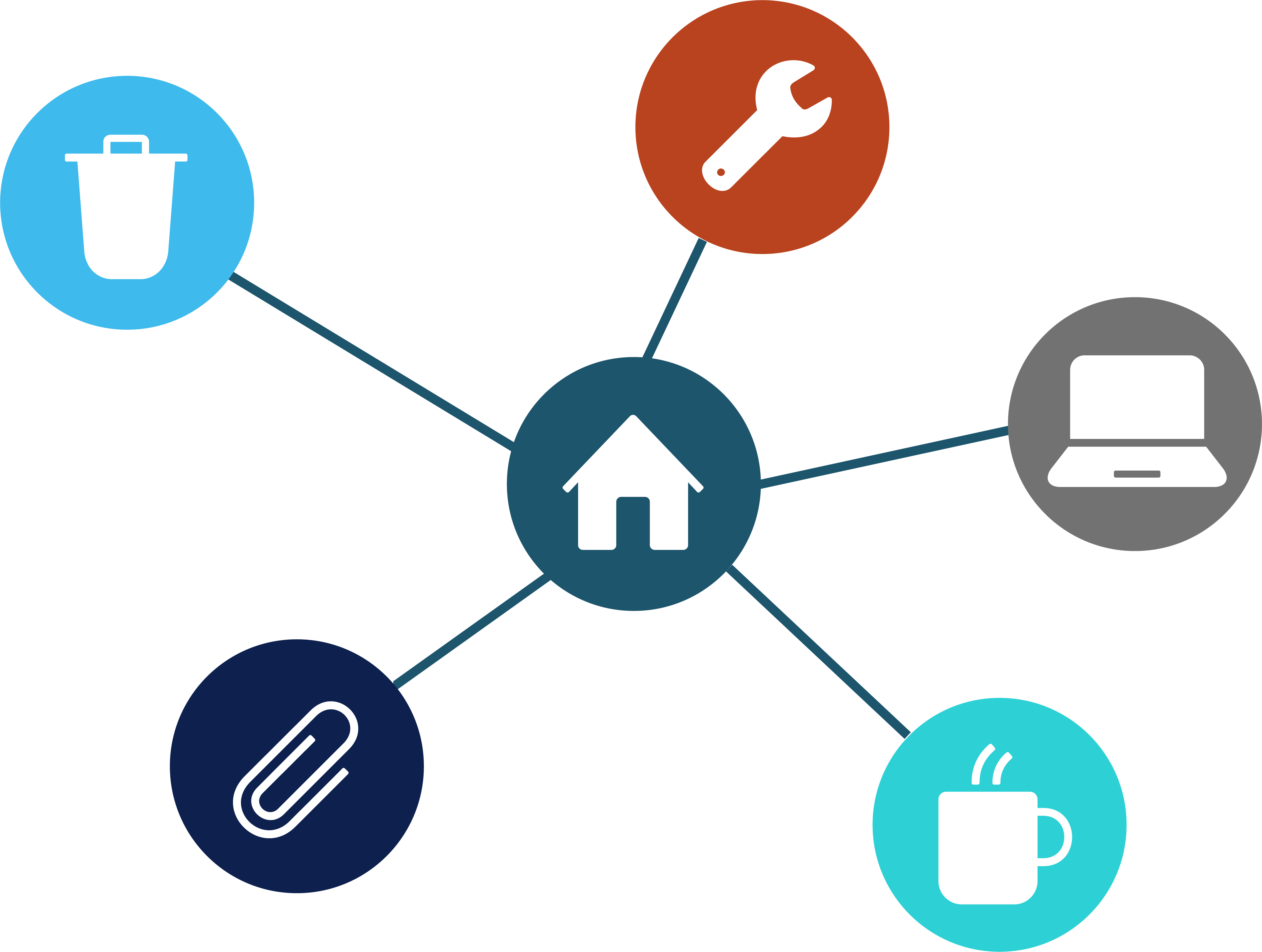
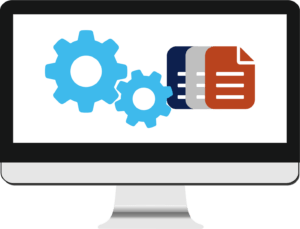
Automated billing & invoicing
PropTechs must reduce administrative costs as much as possible in order to fully exploit the opportunities offered by these core areas.
The way to success is to automate time-consuming processes such as invoicing, dunning and accounting.
The direct integration of data collection systems with highly specialized billing solutions is particularly recommended in the area of intelligent building technologies.
Challenges for PropTechs
Property technology providers face the following specific challenges when automating their financial processes:
- Automatic generation of a large number of outgoing invoices
- Monetizing complex and individual pricing models based on subscriptions, one-time payments, commissions and discounts
- Tax-compliant invoicing worldwide
- Recording, processing and billing consumption data
- Transparency in billing – informative billing
- Flexibility in pricing
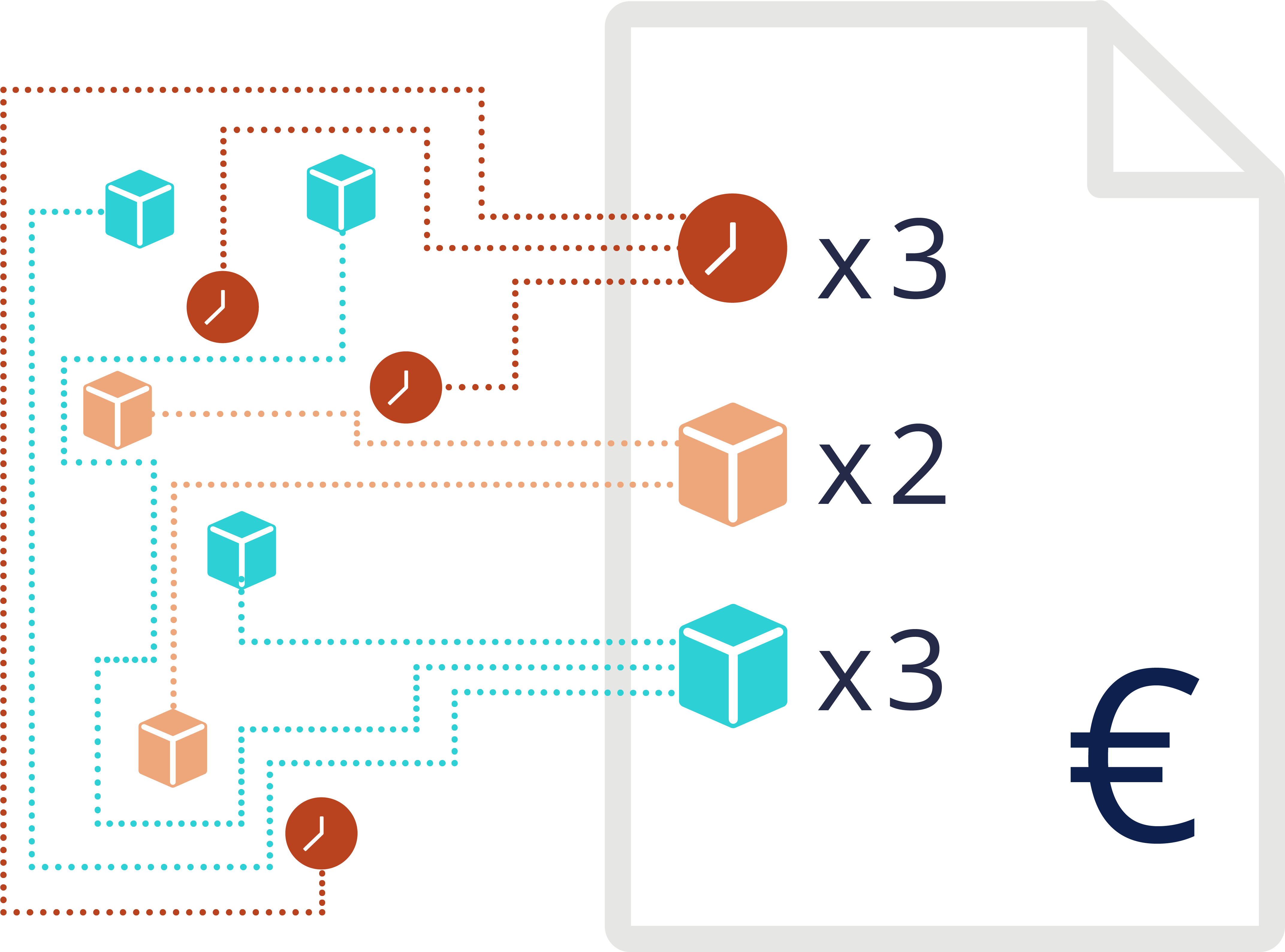
JustOn offers solutions for PropTechs
So nutzen Anbieter von PropTechs unsere Produkte
Sorry, no posts matched your criteria.
